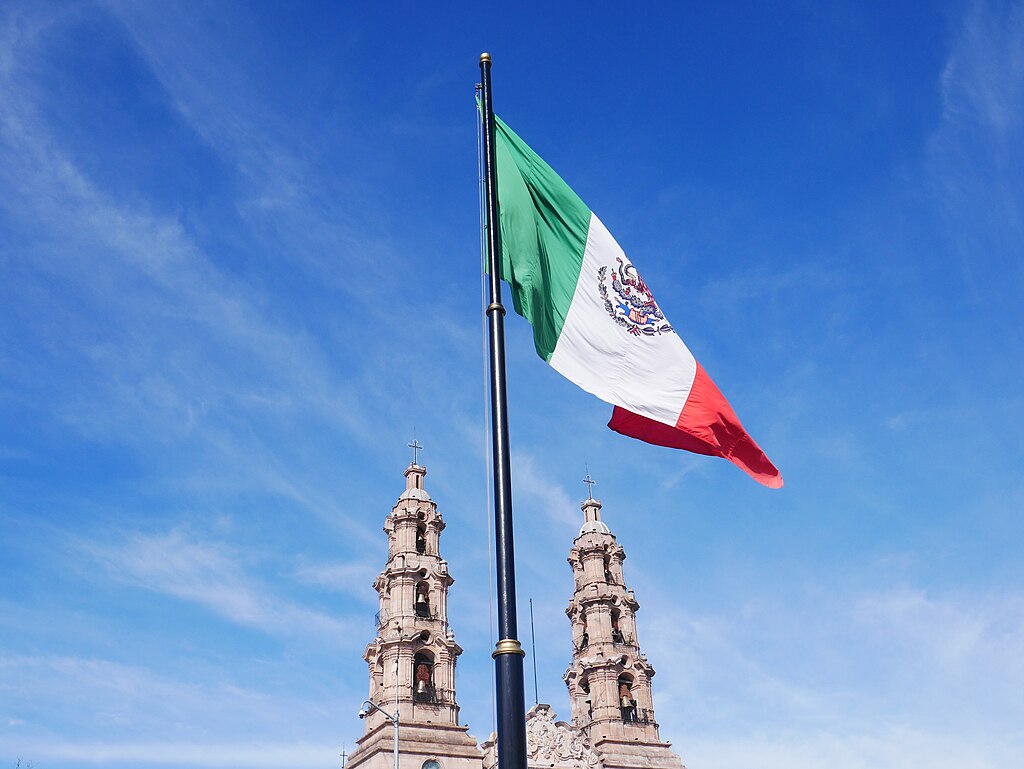Oil Prices Dive Amid Unprecedented Trade Tensions
As the U.S.-China trade war escalates, global oil prices have fallen to their lowest point since 2021, raising concerns about economic stability and market balance.
Published April 05, 2025 - 00:04am

Image recovered from adaderana.lk
The global economy is currently witnessing a significant downturn in oil prices, which have plummeted to their lowest levels since the pandemic's height in 2021. This dramatic drop has largely been attributed to escalating trade tensions between the United States and China, alongside strategic decisions made by the Organization of the Petroleum Exporting Countries (OPEC) and its allies, grouped as OPEC+.
In an aggressive response to U.S. tariffs, China announced the imposition of a new 34% levy on all American goods, set to take effect on April 10. This move amplifies the trade disputes initiated by President Donald Trump's recent tariff hikes, which have already been deemed the steepest in more than a century. The heightened tariff barriers have led to ripples of instability across international financial markets, transmitting economic anxiety worldwide.
The impact on crude oil markets has been immediate and profound. Brent crude futures, a key global barometer, dipped by 7.6% to $64.84 per barrel, while West Texas Intermediate (WTI) fell by 8.2% to $61.48. Both benchmarks are experiencing their most considerable weekly losses in over two years, reflecting the market's apprehension about the ongoing trade disputes potentially curtailing economic growth and demand for oil.
Compounding these market jitters is OPEC+'s recent policy shift to significantly increase crude supply. The cartel, led by economic powerhouses Saudi Arabia and Russia, decided to hike production by an unexpected 411,000 barrels per day starting in May 2025, up from the previously planned 135,000 bpd. The accelerated production strategy is viewed by many analysts as a measure to capitalize on current market dynamics and retain influence over global oil prices, even as changes in demand forecasts loom large.
Financial analysts, including those from Goldman Sachs, have been prompted to lower their long-term oil forecasts, predicting further volatility should the trade war extend into a prolonged economic downturn or if additional OPEC+ capacity exacerbates supply gluts. The possibility of a global recession casts further shadows over energy markets, with many stakeholders keenly observing the interplay between geopolitical developments and economic policy.
The strategic landscape is further complicated by the U.S.'s assertive foreign policy approach under Trump, particularly regarding oil exports from Iran and Venezuela. Imposed sanctions, coupled with incentives for Saudi Arabia to increase oil output, align with Trump's ambitions to see lower domestic oil prices, potentially easing monetary policy from the Federal Reserve. This multifaceted approach is scrutinized globally, as it influences energy flows and economic strategies across continents.
Experts caution that the intensified trade war, magnified by OPEC+'s output decisions, risks an oversupply in the oil market. This excess, paired with economic uncertainty, could destabilize financial systems reliant on stable oil revenues, particularly in regions especially vulnerable to commodity price shifts.
Overall, the intersection of these geopolitical and economic factors underscores a period of heightened tension and unpredictability in international oil markets. Stakeholders are keenly monitoring developments, aware that trade policy decisions in Washington and Beijing, alongside OPEC's strategic production choices, could have wide-reaching implications for the global economic landscape.







